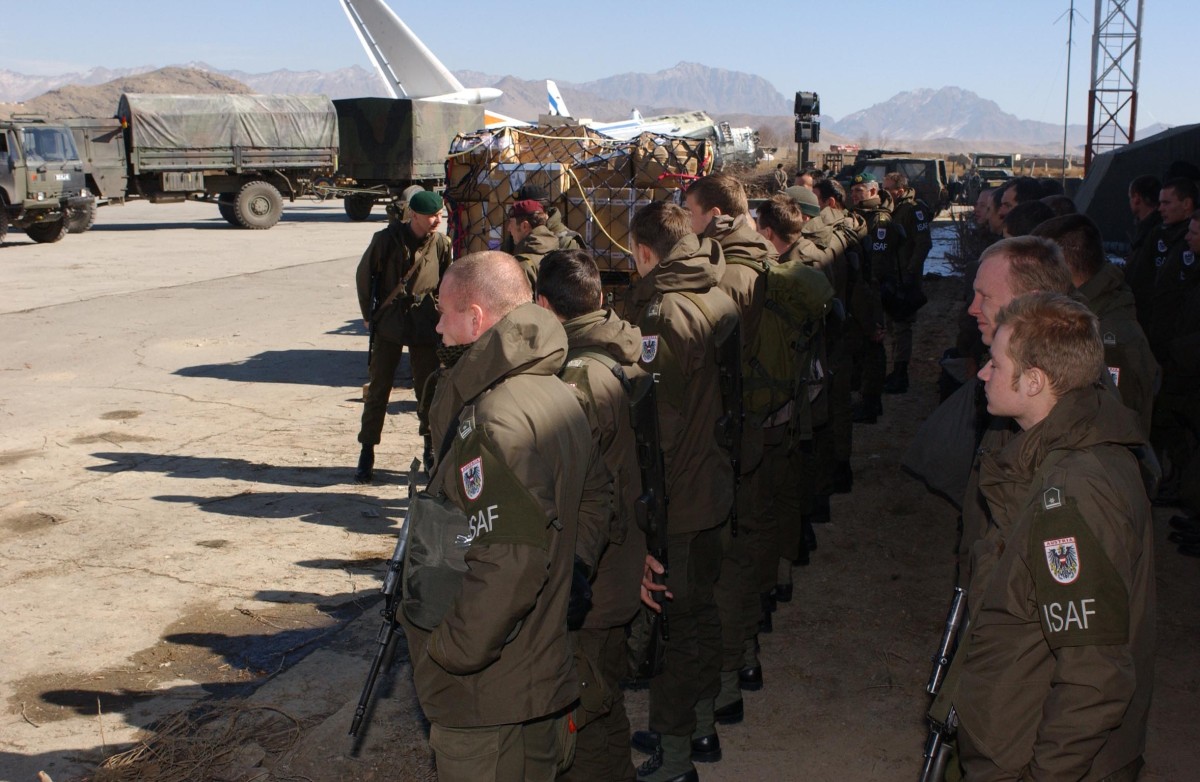Sponsored Content
Austria Strengthens Senegal as an Anchor of Stability in West Africa
Defense Minister Klaudia Tanner welcomed her Senegalese counterpart, Birame Diop, to Vienna to discuss the critical security situation in the Sahel region, joint peacekeeping missions, and bilateral cooperation. Tanner emphasized Senegal's central role as a “stable anchor” in West Africa and underscored the need to strengthen Austrian and European engagement in the region.
 The Austrian Armed Forces are training combat divers to combat drug smuggling and human trafficking off Senegal's coast. / Picture: © Austrian Armed Forces Photograph
The Austrian Armed Forces are training combat divers to combat drug smuggling and human trafficking off Senegal's coast. / Picture: © Austrian Armed Forces Photograph
The meeting, which was initiated by General Diop and co-financed by Denmark, provided an opportunity for a broader exchange with defense colleagues from various countries on issues of peacekeeping. Senegal has been actively participating in African EU missions and UN operations for years, and also supports Austria's candidacy for a seat on the UN Security…
or Log In
Fast News Search





